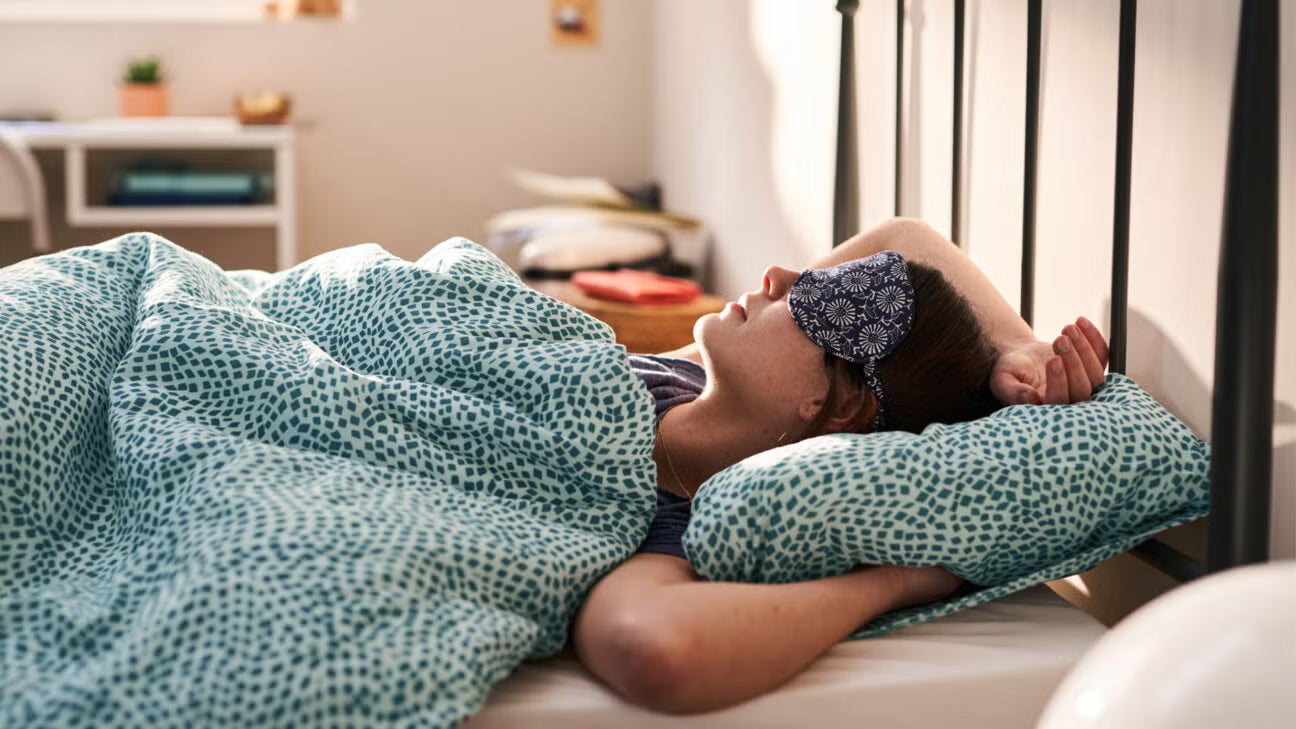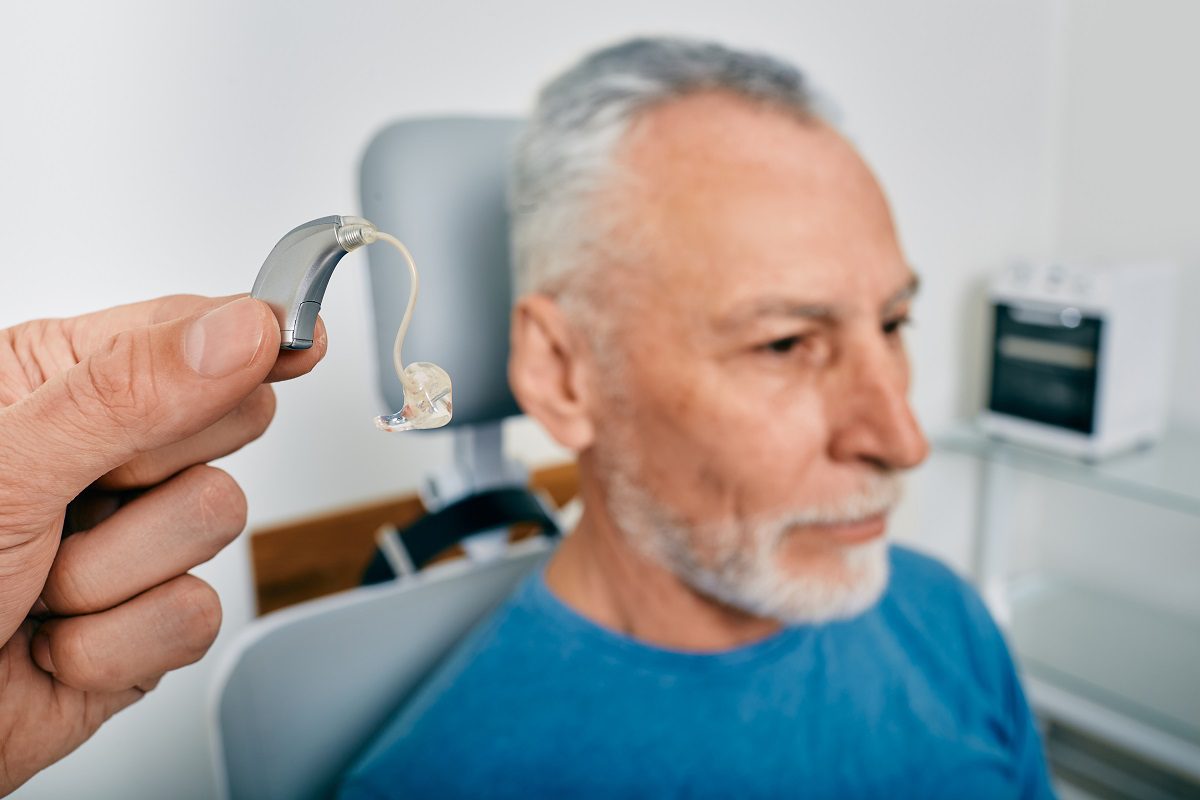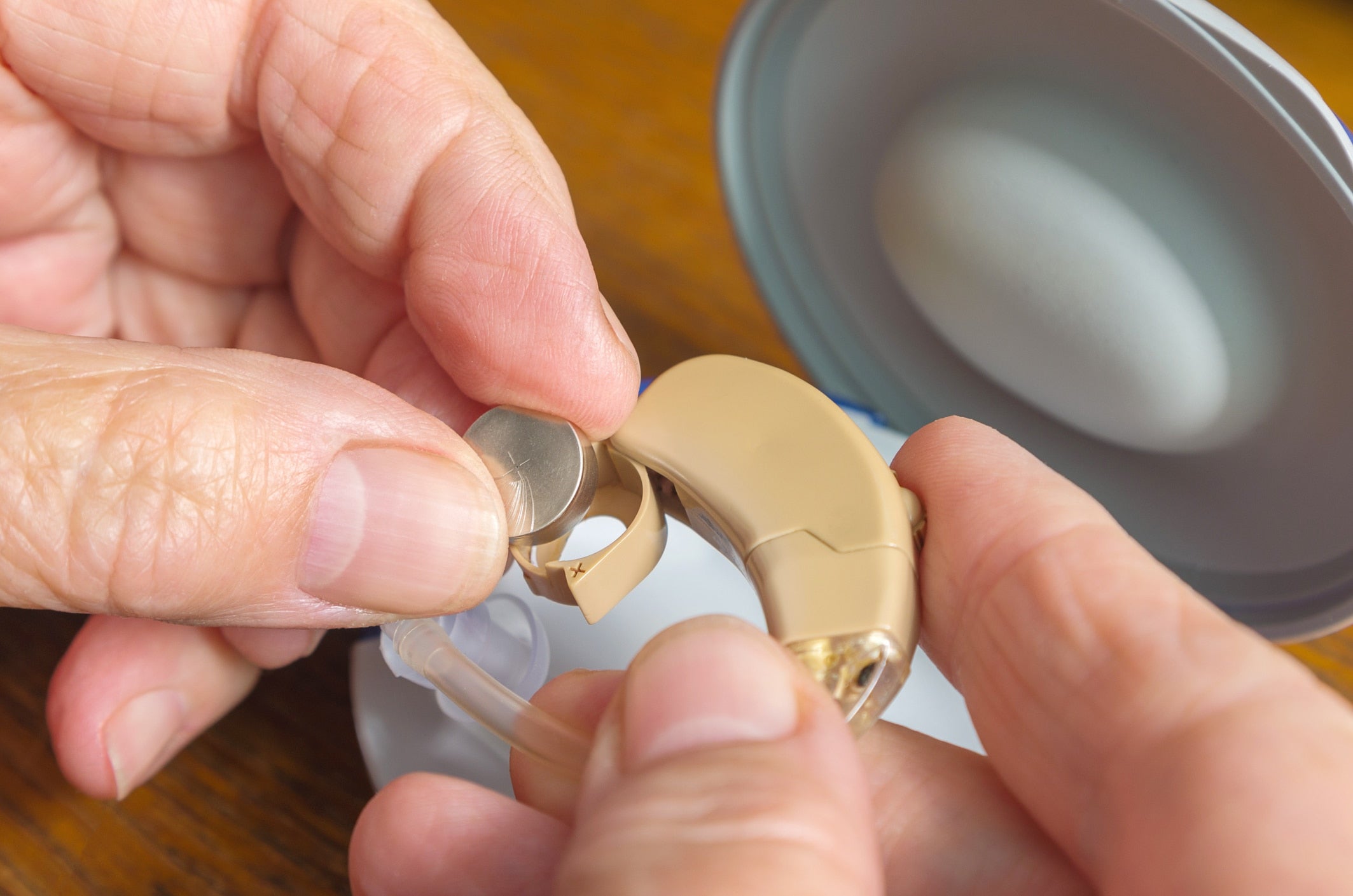Hearing aids help millions of people hear better during the day—but what happens at night? Do they interfere with falling asleep, staying asleep, or overall sleep quality? Should you keep them in bed, or always remove them?
Q1: Should I wear my hearing aids while sleeping?
In most cases, no. Hearing aids are designed for daytime use and are not recommended for overnight wear.
Reasons to remove them:
-
Comfort: Most aids press against the ear when lying down, causing soreness.
-
Device protection: Sweat, oils, and friction against pillows can shorten lifespan.
-
Battery life: Rechargeables need nightly charging; disposables drain faster if worn to bed.
-
Ear health: Continuous wear increases risk of irritation or infections.
Exception: Some people with severe hearing loss or tinnitus choose to wear aids during naps or overnight if absolutely necessary (e.g., to hear a baby monitor, alarm, or emergency alerts).
Q2: How do hearing aids affect sleep comfort?
-
Behind-the-Ear (BTE) & Receiver-in-Canal (RIC): Bulky and uncomfortable against pillows.
-
In-the-Ear (ITE): Still noticeable; can cause pressure in the ear canal.
-
Completely-in-Canal (CIC) & Invisible-in-Canal (IIC): Smaller, but still not designed for long sleep wear.
Most users report disrupted comfort if trying to sleep with them in, especially side sleepers.
Q3: Can hearing aids actually improve sleep quality?
Surprisingly, yes—in certain situations.
-
Tinnitus relief: Many modern hearing aids have built-in sound generators or white noise programs. Wearing them before bed can reduce ringing and make it easier to fall asleep.
-
Reduced anxiety: For people with profound hearing loss, hearing aids allow them to relax before bed (e.g., during conversations, reading aloud, or watching TV).
-
Bedtime routines: Using aids up until lights-out can improve evening social interaction, lowering stress that interferes with sleep.
So while you shouldn’t sleep in them, wearing them during your wind-down routine may help.
Q4: What about safety—should I wear aids overnight to hear alarms?
This is one of the biggest concerns. Without aids, people with hearing loss may miss:
-
Smoke or carbon monoxide alarms
-
Baby cries or children calling
-
Emergency calls or doorbells
Solutions:
-
Bed shaker alarms: Vibrating devices under your pillow or mattress that sync with alarms.
-
Flashing light systems: Wake you with visual signals.
-
Smart home devices: Pair with phones or watches to send vibrations/alerts.
For safety, don’t rely on hearing aids at night—use dedicated alerting devices.
Q5: Can hearing aids make tinnitus worse at night?
Not directly—but here’s the nuance:
-
During the day, hearing aids amplify external sound, masking tinnitus.
-
At night, when aids are removed, tinnitus may feel louder because the room is quiet.
-
Some users feel a “contrast effect”—the silence exaggerates ringing.
Fix: Use a sound machine, fan, or tinnitus app at night to recreate masking benefits.
Q6: Do hearing aids affect ear health during sleep?
Yes, if left in:
-
Moisture buildup (from sweat and lack of airflow) increases infection risk.
-
Skin irritation from constant pressure.
-
Wax impaction may worsen since ears don’t get overnight “rest.”
That’s why audiologists recommend giving your ears a break at night.
Q7: What’s the best bedtime routine for hearing aid users?
-
Remove aids before bed.
-
Clean them with a soft cloth and brush.
-
Dry them in a dehumidifier case overnight.
-
Charge them (if rechargeable) or check batteries (if disposable).
-
Set up sleep-friendly alerts (bed shaker, smart alarm, baby monitor).
This keeps both your sleep and your hearing aids healthy.
Q8: Can poor sleep worsen hearing loss?
Yes—indirectly.
-
Studies link chronic sleep deprivation to higher stress and cardiovascular issues, which can negatively affect hearing health.
-
Lack of rest also exacerbates tinnitus perception.
-
Fatigue makes the brain less efficient at processing sound, making hearing loss feel worse.
So while hearing aids may not “cause” poor sleep, poor sleep itself can worsen how you perceive hearing challenges.
Q9: What if I nap with my hearing aids in?
Short naps (20–30 minutes) with hearing aids are generally safe, especially if you nap upright. But:
-
Avoid lying on them (risk of damage).
-
Clean afterward if you sweat.
-
Recharge if needed.
For longer naps, it’s better to remove them.
Q10: Are there hearing aids designed for nighttime use?
Not traditional ones—but alternatives exist:
-
Tinnitus maskers: Devices worn at night specifically to reduce ringing.
-
Sleep earbuds: Specialized devices (e.g., Bose Sleepbuds) that play soothing sounds without amplification.
-
Smart hearing solutions: Some companies are researching 24/7 devices, but mainstream hearing aids are not approved for overnight wear.
Q11: Do hearing aids affect partner sleep (noise, lights)?
Rarely, but possible:
-
Feedback whistles may disturb bed partners if aids are worn in bed.
-
Charging lights on docks may be distracting—place chargers away from the bed or cover LEDs.
-
Beeping low-battery alerts can occur late at night if aids are forgotten in.
Q12: How do people with hearing aids manage hotels or travel sleep?
Travel introduces extra challenges:
-
Hotel alarms may not be hearing-loss friendly. Bring a portable bed shaker alarm.
-
Thin walls: Tinnitus may feel worse in quiet rooms—pack a sound machine or use an app.
-
Sanitation: Always use a drying case (hotel humidity may damage aids).
Plan ahead and pack nighttime hearing accessories just as you pack chargers.
Quick Tips: Sleeping Well with Hearing Aids
-
Don’t wear them overnight. Let your ears and devices rest.
-
Use tinnitus masking tools at night if ringing is bothersome.
-
Rely on safe alert systems, not hearing aids, for alarms.
-
Maintain a healthy sleep schedule—your hearing depends on it.
-
Travel prepared with sleep accessories.
Final Takeaway
Hearing aids are incredible tools for improving quality of life during the day, but they’re not designed for sleep. For most people, leaving them out at night improves comfort, ear health, and device longevity.
That said, they can still support better sleep indirectly—by reducing tinnitus before bed, lowering stress, and enhancing evening routines. The key is pairing hearing aids with the right nighttime strategies: sound machines, bed shakers, and healthy sleep habits.
Bottom line: Hearing aids affect sleep quality positively when used appropriately—but wearing them overnight isn’t the answer.






Share:
Is It Safe to Use Headphones or Earbuds with Hearing Aids?
How Do I Adjust My Hearing Aids in Noisy Family Gatherings?